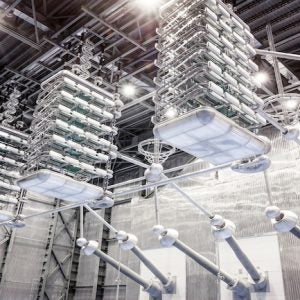Austrian hydro firm Andritz says that it is to resume its contract to supply equipment to the Ilisu hydropower plant in Turkey after improvements were made to aspects of the project’s environmental and social measures.
The supply contracts awarded to Andritz as well as a number of other European firms were suspended temporarily in late 2008 after the export credit agencies of Austria, Germany and Switzerland said that specified standards relating to the project’s impact on the environment, cultural heritage and resettlement had not been fulfilled.
Andritz’s EUR340 million contract includes the supply of engineering services, six Francis turbines, six generators and additional equipment. The company is part of an international construction consortium led by Turkey’s Nurol Construction.
According to Andritz, its contract will no longer be supported by the Austrian export credit agency, Oesterreichische Kontrollbank AG (OeKB). Delivery time for the equipment is seven years in total.
In 2009, OeKB and two other European banks withdrew their support for Ilisu after a deadline that had been set for socio-economic and cultural improvements to the project was not met. The banks’ support was designed to cover the European-based suppliers for the project, including Andritz, Alstom, Ed. Zublin AG, Colenco and Maggia.
Turkey, which sees the EUR1.2 billion project as a key element of its social and industrial development plans, vowed to continue with Ilisu without the banks’ support. According to a statement from Andritz, the Turkish government says that “it will abide unchanged by the planned accompanying
measures relating to environmental protection and to social and cultural aspects”.
Ilisu is part of Turkey’s Southeastern Anatolia Project, which aims to build 22 dams and 19 power plants on the Tigris and Euphrates rivers and their tributaries.
Ilisu will require the resettlement of 78 000 people and will also result in the flooding of cultural heritage site such as the city of Hanskeyf. It is due for completion in 2015 and will produce 3.8 TWh of electricity per year.






